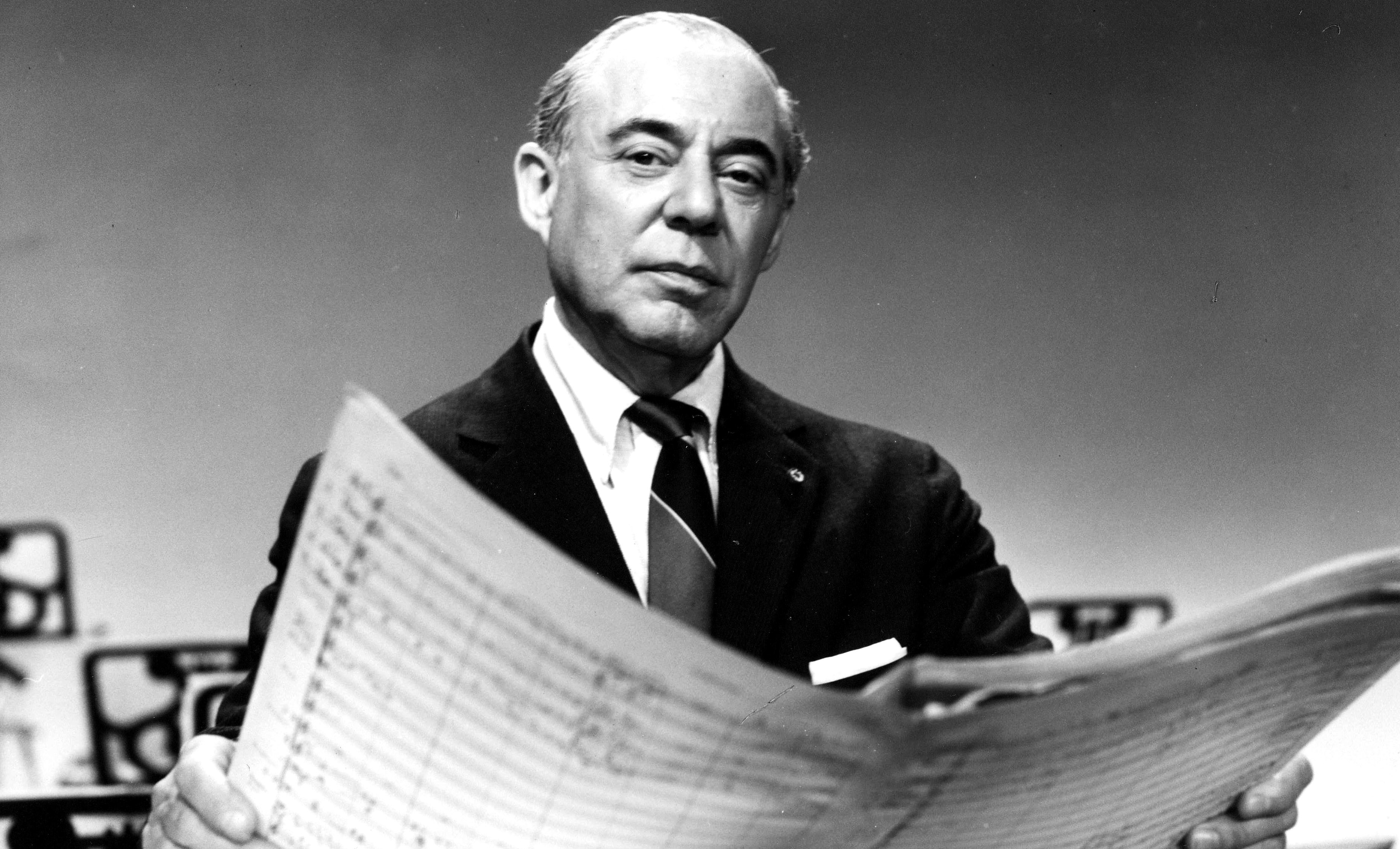Richard Rodgers and Oscar Hammerstein II, the famous duo responsible for such classics as “The Sound of Music,” and “Oklahoma!” are often credited with laying the foundation for musical theater, and this month, Reprise Theatre Company will honor Rodgers for his contribution to the musical theater genre.
“Richard Rodgers is sort of the father of musical theater, going back all the way from the ’30s into the ’60s, so he really spanned almost the entire history of the genre. He was the obvious choice,” said Danny Feldman, managing director of Reprise Theatre.
Reprise Theatre wanted the company to broaden its mission and scope, Feldman added.
In order to become the center of musical theater in Los Angeles, Reprise decided to host a festival or celebration looking at one specific aspect or person that has made a major contribution to the field of musical theater.
Before the famous duo of Rodgers and Hammerstein, Richard Rodgers worked with lyricist Lorenz Hart, and together they created a recognizable jazzy sound, most notably in songs like “My Funny Valentine” and “The Lady is a Tramp.”
As Rodgers’ relationship with Hart began to deteriorate for a number of reasons, Rodgers joined up with Hammerstein, a lyricist he had known for a long time. The two had composed such famous musicals as “Oklahoma!,” “Carousel” and “South Pacific.”
These musicals marked a change from earlier vaudeville shows, in that they began to deal with deeper, darker subject matter.
“They weren’t just silly entertainment full of singing or dancing anymore, but these new musicals actually had something to say,” Feldman said. “And that can really be attributed to the work of Rodgers, because his music added that depth and he was a bit more daring in what he chose to write.”
UCLA theater professor Michael Hackett agreed.
“I just recently saw the revival of “˜South Pacific’ in New York. What struck me was how serious it was as popular entertainment. It’s not trying to rip off the audience or serve the easiest product to make money. It’s trying to show the era,” he said.
UCLA theater professor Gary Gardner said that Rodgers’ songs follow an “AABA” format.
“Most of his songs are 32 bars long. The first eight establish the melody,” Gardner said. The song then continues to repeat that melody once more, and then continues into a third section, which is called the release, but that section returns to the first eight bars.
“”˜Some Enchanted Evening’ is underscored 17 times in “˜South Pacific.’ It’s impossible to walk out of the theater not singing the song,” Gardner said.
After another wild success with “The Sound of Music,” Hammerstein passed away in 1960 of stomach cancer, but Rodgers kept working on other projects.
He went on to write “Two by Two” which will be performed as part of this month’s festivities.
“”˜Two by Two’ is the story of Noah’s ark, based on a play called “˜The Flowering Peach’ by Clifford Odets, one of the great blacklisted Communist writers,” Gardner said. “It’s a wonderful family show.”
According to Gardner, Rodgers blames the original failure of “Two by Two” on the actor who played Noah, Danny Kaye. “When he got bad reviews, he started doing his nightclub material in the middle of the show,” he said.
Thus, “Two by Two” is very little known, and rarely performed. This time around, Reprise’s Jason Alexander will be playing Noah, which should make for a much smoother show.
“Their musicals fell out of favor for a while because they were overly sentimental. We became very jaded; presidents had been assassinated, we were involved in a war we couldn’t win,” Gardner said. “Then the romanticism from Rodgers and Hammerstein took a lot of hits from cynics. It recovered only in our memories. It was the sound of a good America. It was a wonderful sound.”
